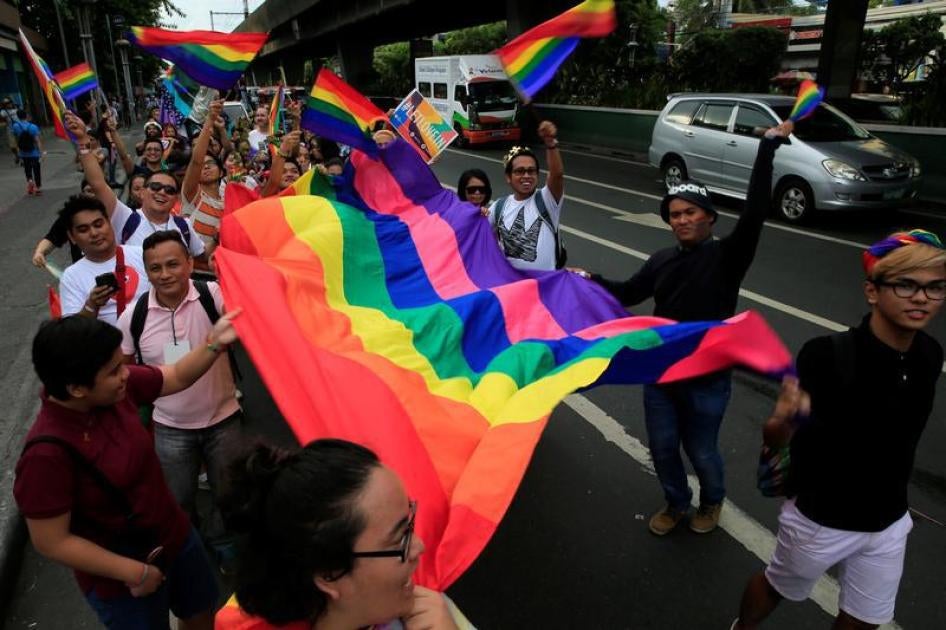LGBTQ Rights in the Philippines: Progress and Challenges
Legalization of Homosexuality and LGBTQ+ Rights in the Philippines
The Philippines has a complex history of LGBTQ+ rights. Homosexuality was decriminalized in the Philippines in 1930, making it one of the first countries in Asia to do so. However, it was not until 2015 that the Supreme Court of the Philippines recognized same-sex relationships as "valid and subsisting marriages." Despite these legal advancements, LGBTQ+ people in the Philippines still face significant challenges.
Legal Protections for LGBTQ+ Individuals
The Philippines has a number of laws that provide legal protections for LGBTQ+ individuals. These include the Anti-Discrimination Act of 1991, which prohibits discrimination based on sexual orientation and gender identity in employment, education, and public accommodations. In 2001, the Supreme Court of the Philippines ruled that transgender people have the right to change their names and gender markers on official documents.
Despite these legal protections, LGBTQ+ individuals in the Philippines still face discrimination and violence. In a 2021 report by the UCLA School of Laws Williams Institute, the Philippines was ranked 36th out of 175 countries in terms of LGBTQ+ rights. The report found that LGBTQ+ people in the Philippines are more likely to experience discrimination in employment, housing, and healthcare than heterosexual and cisgender people.
Advocacy and Activism for LGBTQ+ Rights
There are a number of organizations in the Philippines that are working to advance LGBTQ+ rights. These organizations provide legal assistance, support services, and advocacy on behalf of LGBTQ+ individuals. In recent years, there has been a growing movement for LGBTQ+ rights in the Philippines. This movement has been led by LGBTQ+ activists, organizations, and allies.
In 2017, the Philippine Congress passed the Anti-Discrimination Act, which prohibits discrimination based on sexual orientation and gender identity in employment, education, and public accommodations. This law is a significant step forward for LGBTQ+ rights in the Philippines and is a testament to the hard work of LGBTQ+ advocates.


Comments